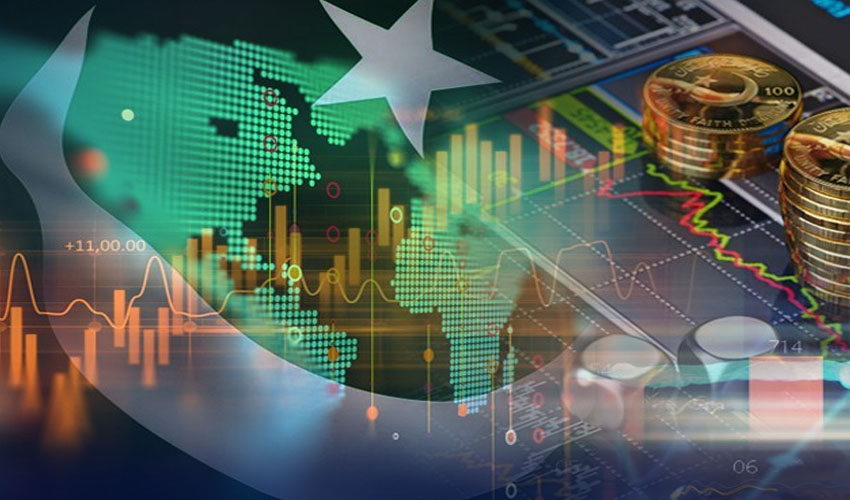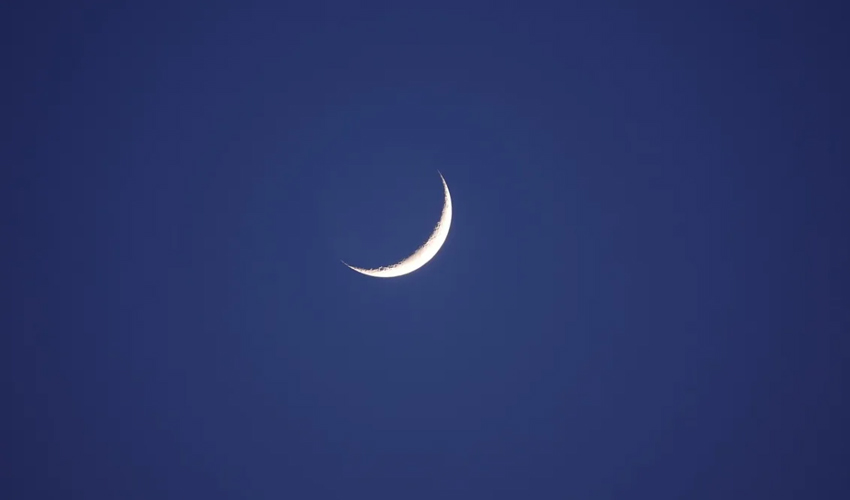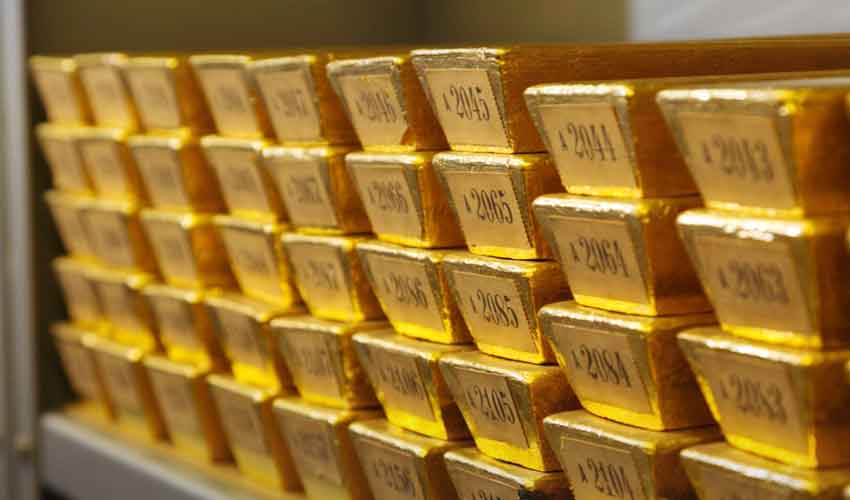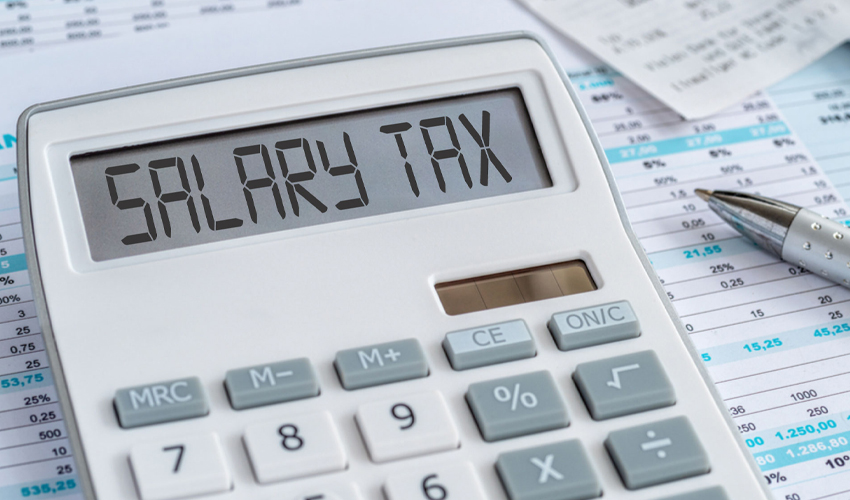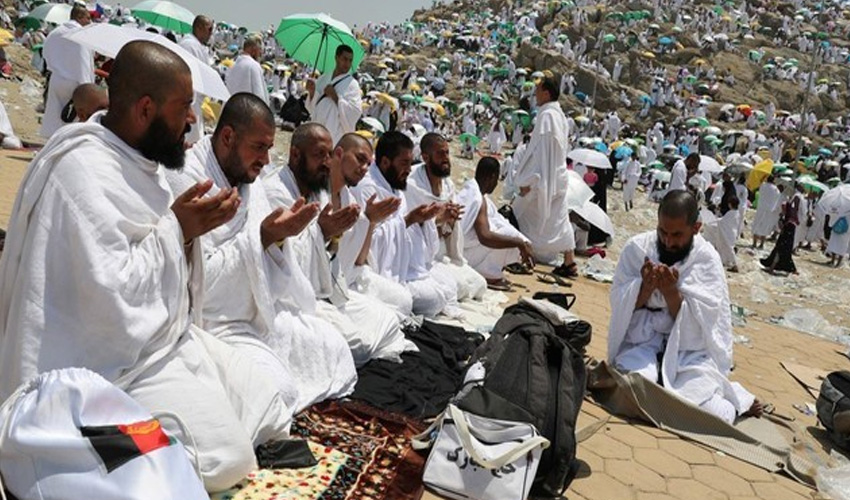Pakistan's economy is showing signs of improvement across various indicators, despite ongoing political challenges. The State Bank of Pakistan (SBP) has announced a 2% reduction in the interest rate, bringing it down from 19.5% to 17.5%. Economic experts view this decision as favorable for the country, suggesting it will directly benefit the average citizen through reduced costs for home, car, and personal loans.
Following the IMF deal and interest rate cut, the currency market has seen a decrease in the dollar's value and an increase in the rupee's strength. On the last day of the business week, the dollar's value in the interbank market decreased by 28 paisas, falling from 278.44 rupees to 278.16 rupees.
According to the SBP, the country's foreign exchange reserves increased by $56.2 million last week, reaching $14.79 billion as of September 6. Remittances for August stood at $2.94 billion, a 40.5% increase compared to the same month last year, although slightly lower than July's $2.99 billion.
Petroleum product prices are expected to decrease further from September 16, with potential reductions of Rs11.70 per liter for petrol and 11.91 rupees per liter for high-speed diesel. Kerosene and light diesel oil prices may also see reductions of 8.30 and 9.50 rupees per liter, respectively.
The country's trade deficit continues to shrink, and electricity bills are decreasing due to various government measures and seasonal changes. Pakistan's negotiations with the IMF have concluded, with loan program approval expected on September 25.
Analysts suggest that the improving economic situation has reduced public interest in current political issues, potentially challenging opposition narratives if the trend continues.





